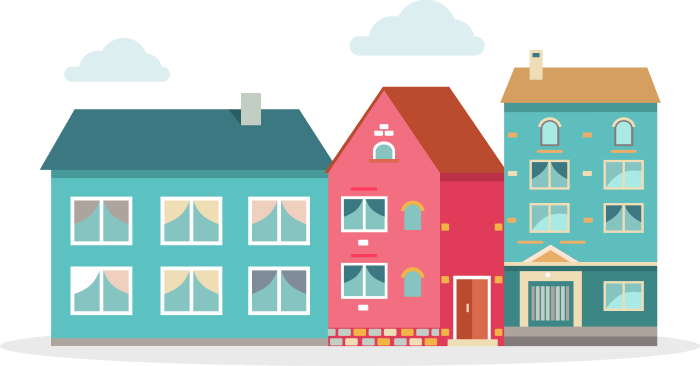Eugene
We did the research. Find a place to call home.
B+
Quality of Life Score
Eugene Information
178,213
Total Population
45%
Married Persons
55%
Single Persons

7/10
City Rating
City ratings are often based on a variety of factors including quality of life, economic opportunities, safety, education, and more. A rating of 7 or higher might suggest a city with a relatively high quality of life and desirable living conditions. A rating below 5 might indicate challenges or lower overall satisfaction.
7/10
Overall Value
This is a broader rating that takes into account multiple factors affecting the overall appeal of a city. Ratings above 7 might indicate a highly attractive city, while those below 5 might suggest areas for improvement.
10/10
Density (Population per mile²)
City density refers to the concentration of people living within a city's geographic area. It is typically expressed as the number of residents per square mile or square kilometer. Higher density indicates that more people live in a given area, leading to potentially busier streets, more crowded living conditions, and increased access to amenities and services.
1540
Eugene
260,000
Reno
City Info
Eugene, Oregon, is a vibrant city of about 178,000 residents in Lane County and the second-most populous city in Oregon. Known as the "Emerald City" and "Track Town USA," Eugene is home to the University of Oregon and is celebrated for its arts, outdoor recreation, and progressive values. The city is a hub for education, culture, and green innovation, with a strong emphasis on sustainability and community engagement. Eugene's economy is diverse, with major employers in healthcare, education, and manufacturing. The city is also recognized for its natural beauty, extensive park system, and thriving local businesses.
Residence
45% (Homes Rented)

30 Years
Median Home Age
$510,000
Median Home Price
3%
Home Aappreciation Rate
1%
Annual Property Tax
Weather
80%
Sun
10%
Rain
5%
snow
Residence
Eugene enjoys a temperate climate with warm, dry summers and mild, wet winters. The housing market is competitive, with home prices rising steadily and a mix of historic and modern homes available. The city is known for its strong rental market, reflecting the presence of major universities and a youthful population. Property taxes are moderate, and the city invests in affordable housing and shelter initiatives.
Community
7
Crime Rate (per 100,000)
Democratic
Political Majority
35
Average Age
Community
Eugene is a diverse and welcoming community with a balanced age distribution, a strong arts scene, and a progressive political culture. The city has a moderate crime rate and fosters civic engagement through numerous community initiatives and cultural events.
Locale

Occupation
25%
Management, Business, Art & Sciences
20%
Sales & Office Occupations
15%
Service Occupations
15%
Production, Transportation & Material Moving
5%
Natural Resources, Construction & Maintenance
Education
1:20
Student Teacher Ratio
25%
High School Diploma
30%
Some College or Associates Degree
15%
Bachelors Degree
10%
Graduate or Professional Degree
Locale
Eugene's economy is anchored by education, healthcare, and green industries, with a well-educated workforce and a focus on sustainability. The city offers a wide range of educational and professional opportunities, and its proximity to outdoor recreation makes it attractive to both families and young professionals.
Transit
27%
Public Transportation
70%
Car
10%
Carpool
10%
Work At Home
Transit
Eugene offers efficient public transit options, including buses and bike-friendly infrastructure. Commute times are below the national average, and the city is committed to sustainable transportation and reducing congestion.


